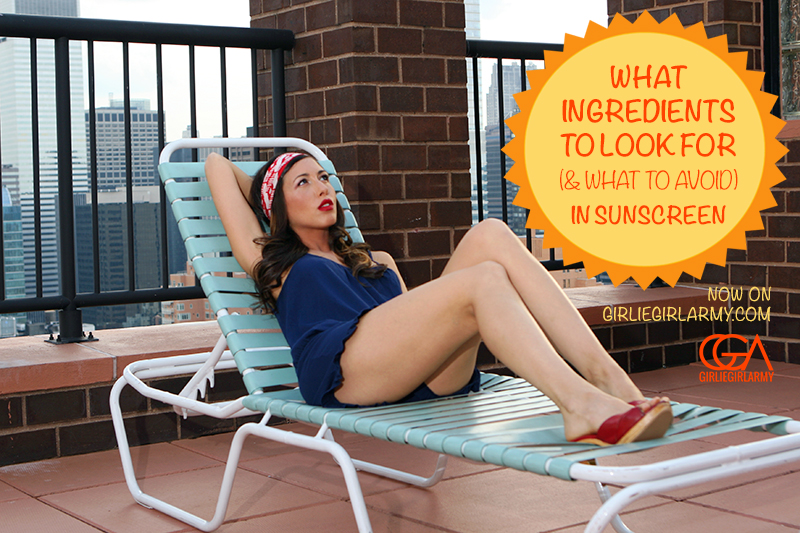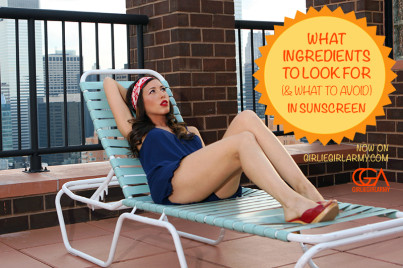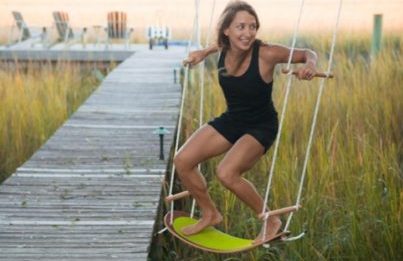STOP RIGHT THERE! Before you slather yourself and your little ones in something meant to protect them (from the sun) think twice about what you could be potentially putting onto (and therefore in) their body that could cause more harm than the sun! There’s a lot of talk about what sunscreen is safe and which is not. Today nutritionist Janet Little tells us her must haves and skips for safe, clean, plant-based sunscreens;
The best way to lower your skin cancer risk is by protecting yourself with sunscreens made with high-quality, natural ingredients.
The sun’s rays damage our skin by breaking down the skin’s cellular DNA tissues. This causes premature aging and increasing the risk of skin cancer, the most common cancer in the United States. Five sunburns can double your chances of developing melanoma.
Natural sunscreens do not contain harmful chemicals which are found in traditional sunscreens.
A recent study by the Environmental Working Group (EWG) found that many sunscreens offer inadequate protection from the sun and can contain toxic ingredients. Two-thirds of the sunscreens analyzed by EWG researchers either didn’t work well enough or contain ingredients that may be toxic.
Plus sunscreen labels can be confusing and often contain inaccurate marketing claims. The FDA has called any product with SPF above 50+ “inherently misleading,” a claim found on approximately 15 percent of beach and sport sunscreens on the market.

The main chemicals you should try to avoid when choosing your sunscreen are:
- 4-methy-benzyldencamphor (4-MBC)
- Oxybenzone
- Benzophenone-3
- Octyl-methoyl-cinnamates (OMC)
- Octyl-dimethyl-para-amin-benzoic Acid (OD-PABA)
- Homosalate (HMS)
What to look for:
Use sunscreen with SPF 15 or higher with a broad-spectrum that offers protection against both UVA and UVB rays. Look for products that contain certified organic or natural ingredients such as plant oils, aloe, plant waxes, herbal extracts and essential oils. Alba, Badger and Kiss My Face are just a few natural and effective sunscreens.
EWG has teamed up with Sprouts to help educate the public: Janet will join EWG for a Wellness Webinar June 25th at 6 p.m. PDT for key findings from 2015, tips on how to buy a good sunscreen, and general advice to keep you safe and healthy. Register here.
Janet Little is a certified nutritionist at Sprouts Farmers Market. She has worked in the health food industry for more than 20 years and regularly teaches webinars on natural and organic foods, nutrition, and more.



